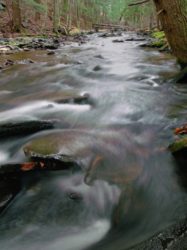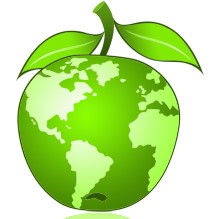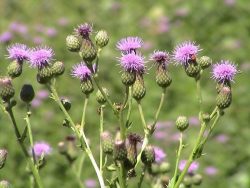Water Conservation
by Jody Dickson
In light of the continued activity around the proposed expansion of Gross Reservoir, I thought it was time to talk about water conservation again. While few of us have any significant impact on what happens on a regional scale, we still make daily choices around our own use of water and what we can do to protect it. Estimates vary, but each person in the United States uses about 80 – 100 gallons of water per day.
As a reminder, fresh, clean water is a very limited resource on planet Earth. Only 3% of Earth’s water is fresh and only about .3% of that 3% is easily accessible! Yet it is essential to our survival, so we need to take care of what is there and use as little as possible. If most of an area’s clean water is wasted, then there will not be water for future generations to use. Also, the less water used or wasted by people, the less clean water will become contaminated. Here are a few tips for reducing your consumption of water:
– Only use appliances that rely on water when those appliances are full. Using a dishwasher uses less water than washing by hand. (This will also result in a reduction in energy use as well.) Also use the shorter washing cycle possible.
– Replace older toilets when possible or place something in the tank to displace some of the water in the tank so it doesn’t use as much. Older toilets use around 5 – 6 gallons of water every time they are flushed. Of course, you can always flush less by following the “If it is yellow, let it mellow” rule.
– Turn water off when brushing teeth, washing hands, soaping up in the shower and shaving. Be sure to turn taps off tightly so they don’t drip.
– Time your showers and try to keep it under 5 minutes.
– Clean vegetables or fruits and thaw foods in a stoppered sink or a pan of clean water instead of running water. Collect, cool, and re-use the water you cooked pasta or vegetables in.
– Repair any leaks in your fixtures. Replace any older fixtures with lower-flow attachments to reduce the water use when the faucet is on.
– Have a bucket in the shower collecting water while the water warms up. Then use that water for other household purposes (watering plants, cleaning, etc.)
– Use environmentally-friendly cleaning products that will not harm the environment when they are washed away after use.
– Wash things, including yourself and vehicles, only as needed instead of on a schedule.
– Consider the water required to grow or manufacture the things you use or consume. Select only what you need and choose products that require less use of water to make or use.
– Explore installing a grey-water system that could, for example, use used washing machine water to flush the toilet
– Most of us don’t have lawns or landscaping that require watering, but, if you do, be sure to learn about how to minimize use and maximize efficacy when watering outdoor plants and gardens.
Denver Water is listening:
Please be sure to complete and submit the survey that Denver Water sent through the mail. It is due February 5th, so we hope you’ve already done it. If not, find it and submit it today! We at TEG feel it is imperative that our local community, including those with different views, be informed and work together to protect our environment. Please take the time to complete this survey and make your voice heard!
Get Involved!
Why should you become a member of TEG? By being a member of TEG, you have access to other members for networking, information sharing and communicating. To join, go to our website: TEGColorado.org. You may also join us at one of our TEG board meetings on the first Thursday of every month, 6pm, at the CCCIA Hall.




